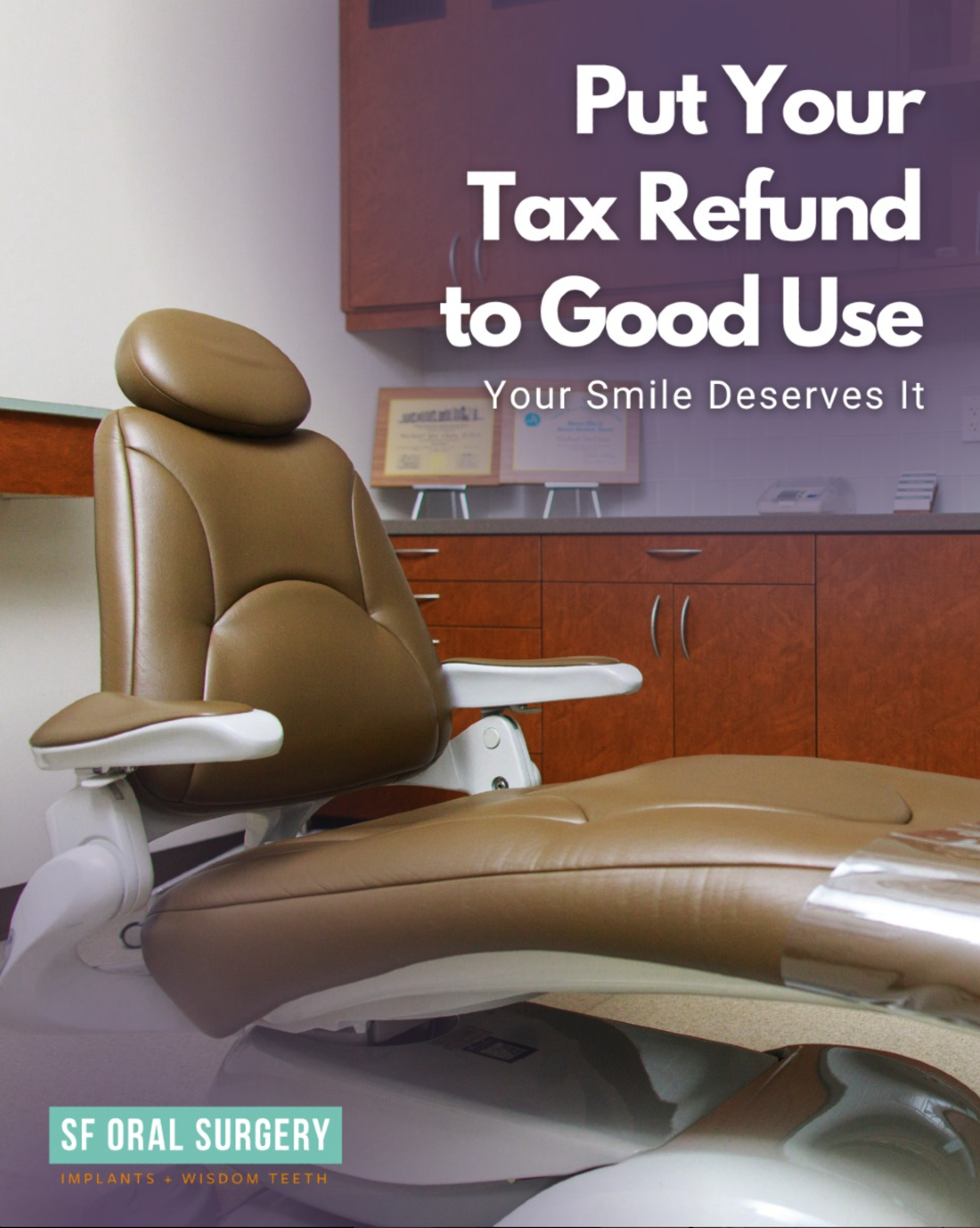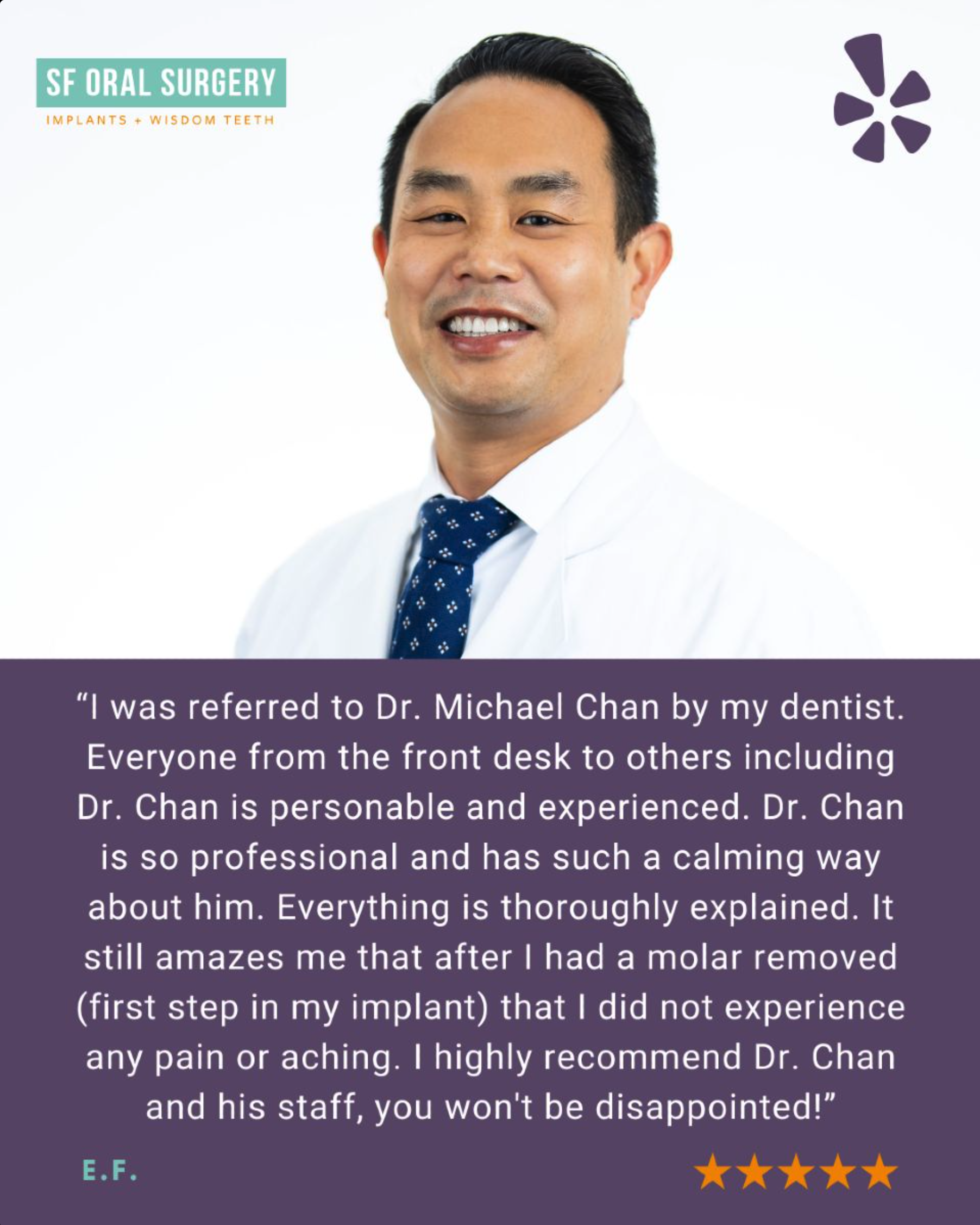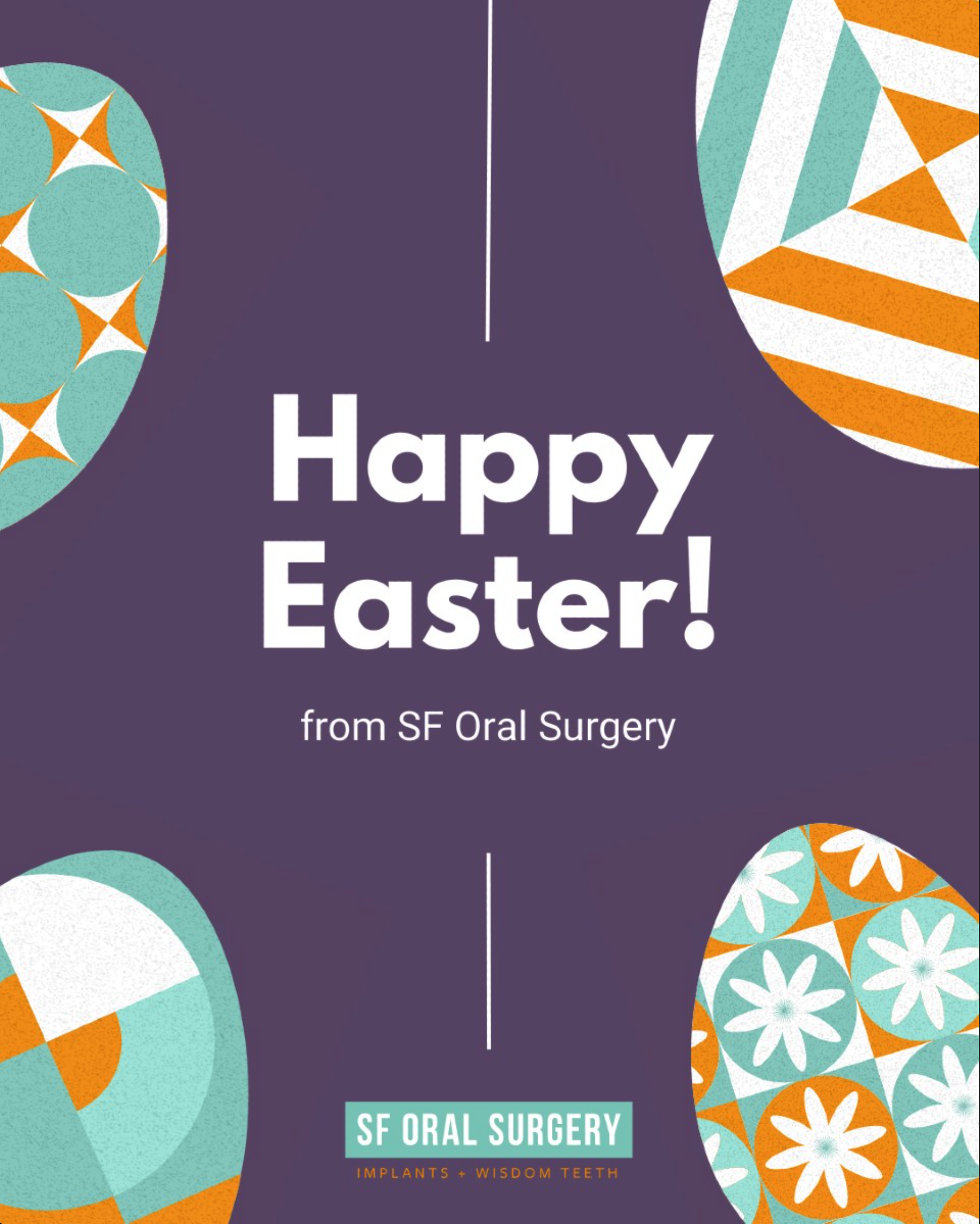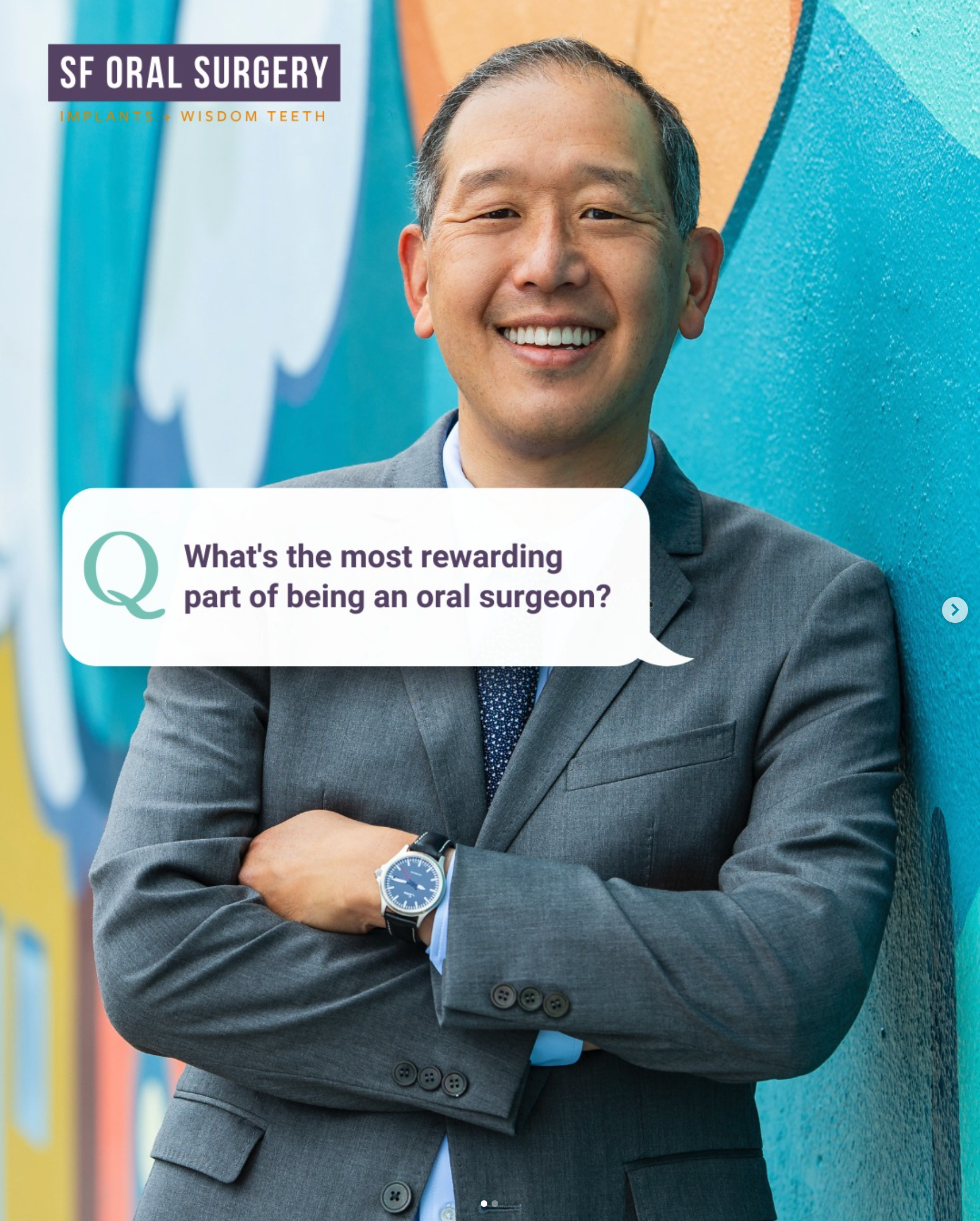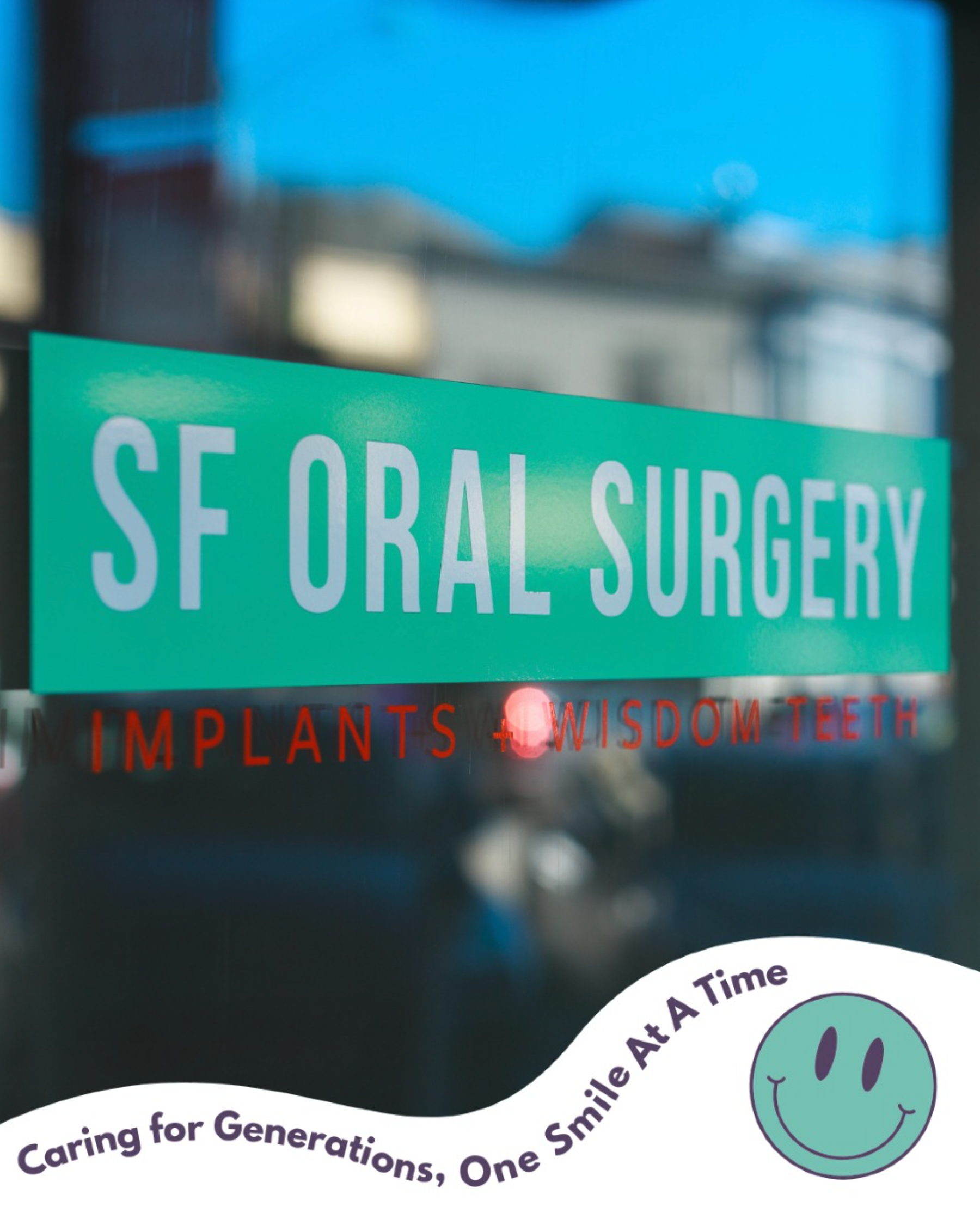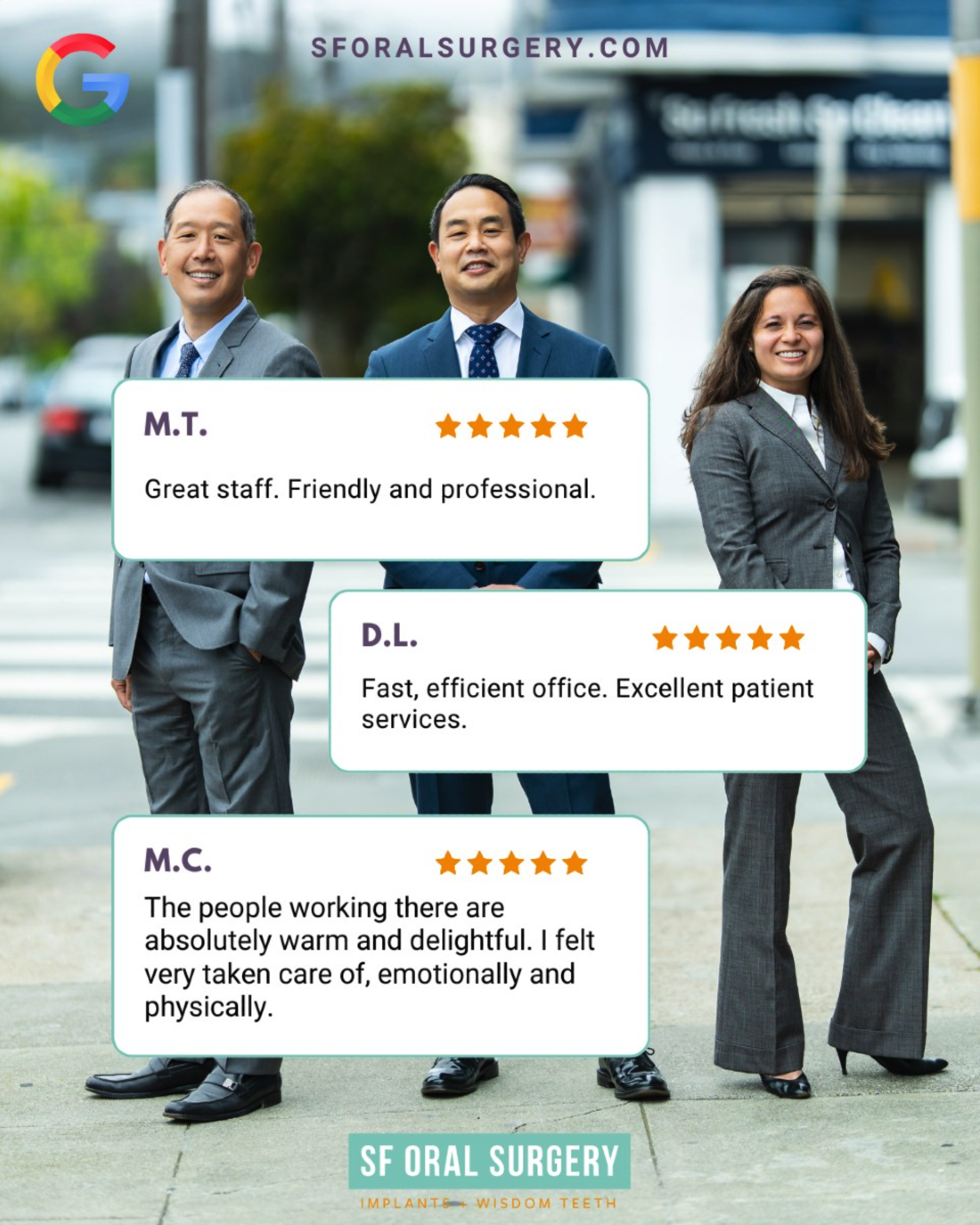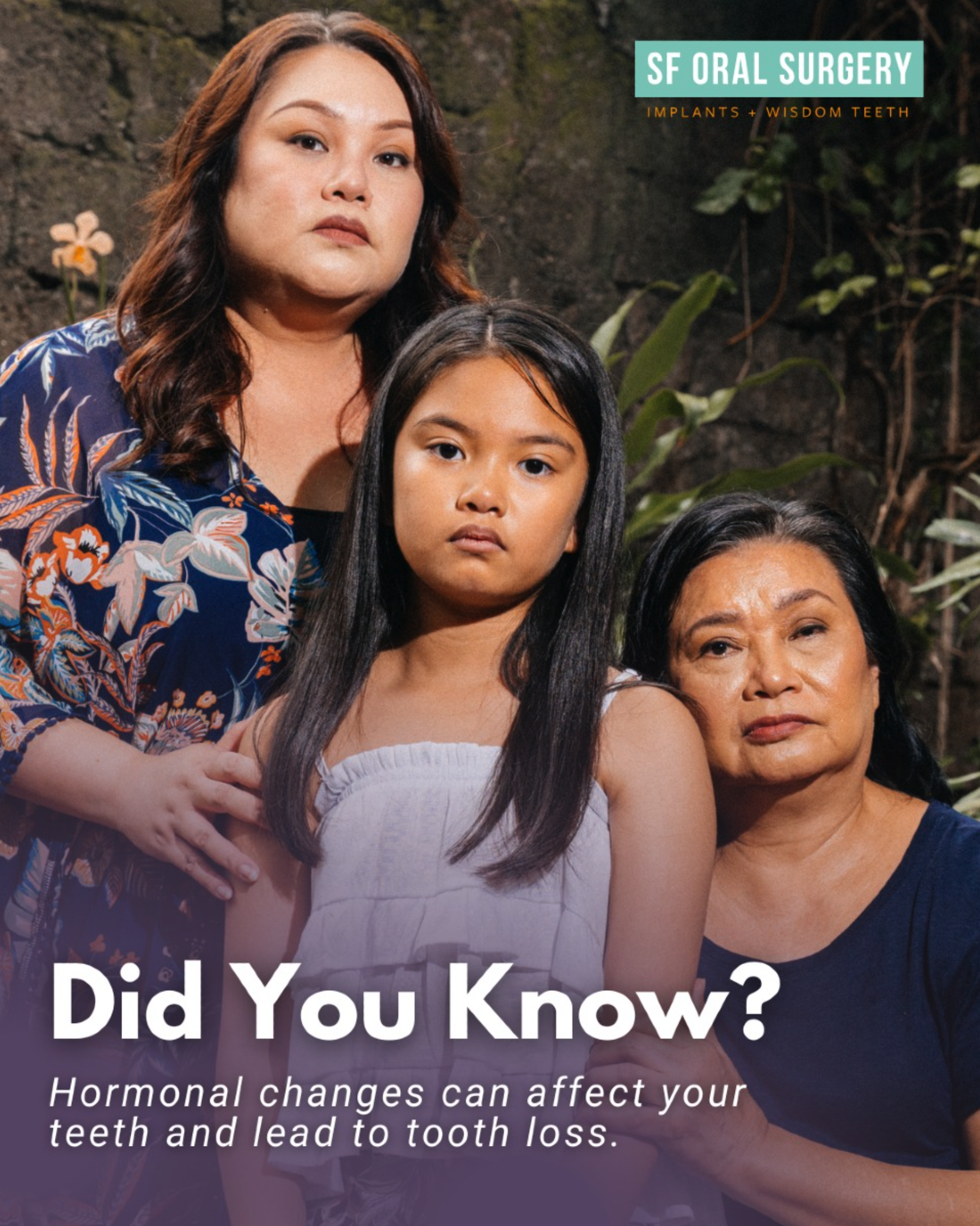 Like any other type of oral surgery, there are certain requirements you will have to follow after your dental implant placement. You will receive specific instructions about care, diet, and medications from your oral surgeon. However, there are some general rules about what you can eat after your implant surgery.
Like any other type of oral surgery, there are certain requirements you will have to follow after your dental implant placement. You will receive specific instructions about care, diet, and medications from your oral surgeon. However, there are some general rules about what you can eat after your implant surgery.
Right After Your Implant Surgery
During your implant surgery, one or more dental implant posts are embedded in your jawbone. These posts will provide support for a dental crown, bridge, or All-on-4 full arch replacement once fully healed and integrated with your bone material. The posts are not visible during this time because the abutment has not been attached yet.
You may experience some swelling and discomfort following your procedure. You should generally wait at least an hour until you eat anything, as chewing could cause additional discomfort.
When you do eat, you should choose foods that keep chewing to a minimum. Simple broth or pureed soups are ideal because you can drink them without chewing. Mashed potatoes and scrambled eggs are other examples that will not require much chewing. Try to avoid chewing near or putting pressure on the affected area. If you have just one dental implant to replace a single missing tooth, chew on the other side of your mouth. This can be more difficult if you have All-on-4 implants, but try to avoid putting direct pressure near the implant sites.
Because the surgery is recent, you should be careful to avoid foods that could cause irritation or infection. Spicy or acidic foods can irritate the area significantly, leading to discomfort.
Avoiding sugary foods is important to prevent infection, as they allow bacteria to grow. Also, avoid foods like nuts and seeds that are a significant infection risk as they might become lodged in the area.
During Your Recovery
Most of the soreness and stiffness after the surgery will pass after 24 to 48 hours. However, you should still be careful about what you eat. You can start adding other foods to your diet, but you should do so carefully and at your own pace.
Ideally, you should stick with easy-to-chew foods for up to two weeks. While you can move beyond mashed potatoes and scrambled eggs, avoid anything particularly tough. Again, avoid chewing near the dental implant sites whenever possible.
You may still experience irritation from acidic or spicy foods during this period. They can continue to affect the area during recovery more so than any difficulty chewing. These foods can cause irritation on contact, so it is not difficult to test your tolerance.
Avoiding infection is still a top priority during this stage of recovery. Eating sugary foods can increase the general level of bacteria in your mouth, increasing your risk of infection. Nuts and seeds are still at risk of becoming lodged in the area if you do not avoid those foods.
Keeping up with proper oral hygiene during recovery will go a long way toward preventing the risk of infection. Brushing and flossing are just as important to manage bacteria levels as maintaining a healthy diet.
After Your Implant Restoration
The specific timeline of your treatment can vary depending on your individual case, but many patients can have their final restoration placed about six weeks after their surgery. This simple and fast procedure involves attaching the crown, bridge, or All-on-4 full arch replacements to the dental implants.
This is only done once you are fully healed, and the implants have integrated with your natural bone material. After this point, you do not have to worry about the specific impact of spicy or acidic foods affecting the area or an increased risk of infection.
Dental implants are an exceptionally effective restorative treatment that lets you maintain a practically unchanged diet. They are significantly less restrictive than dentures or other common options.
The crowns, bridges, and All-on-4 teeth attached to dental implants can be made from various different materials. Some of these can become damaged by activities like chewing ice or particularly hard foods. You should also avoid using your replacement teeth to open packaging or other potentially damaging tasks.
Ready to Start Your Treatment?
If you have recently lost one or more teeth due to a dental condition or physical trauma, or if you have lived with missing teeth for some time, SF Oral Surgery can determine whether you are a candidate for dental implants and get your treatment underway. Take advantage of the latest advancements in technology and techniques in San Francisco for a faster treatment timeline to complete your restoration sooner. Start your dental implant journey today.
Request A Consultation
Get To Know Your Team | Follow Us On Instagram

